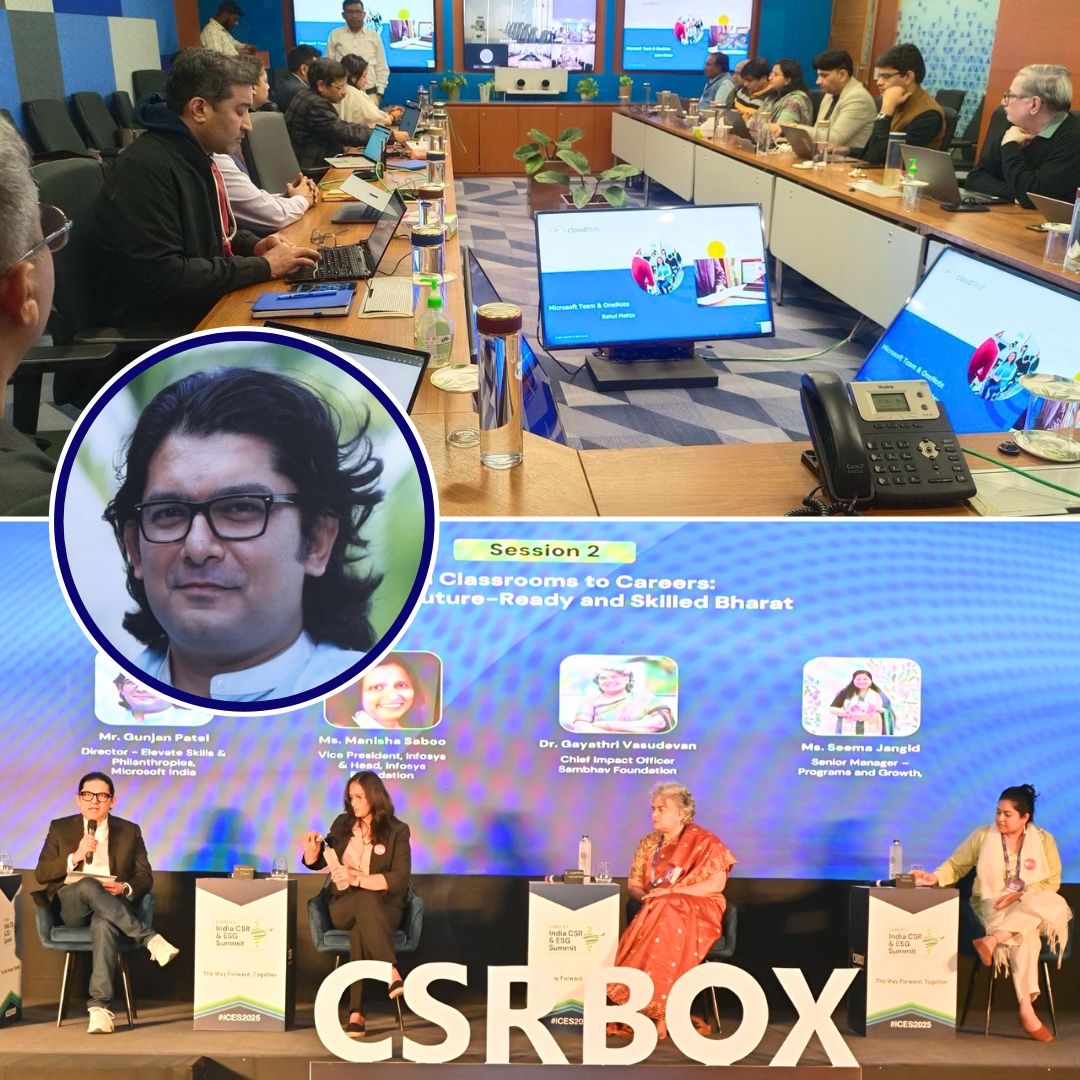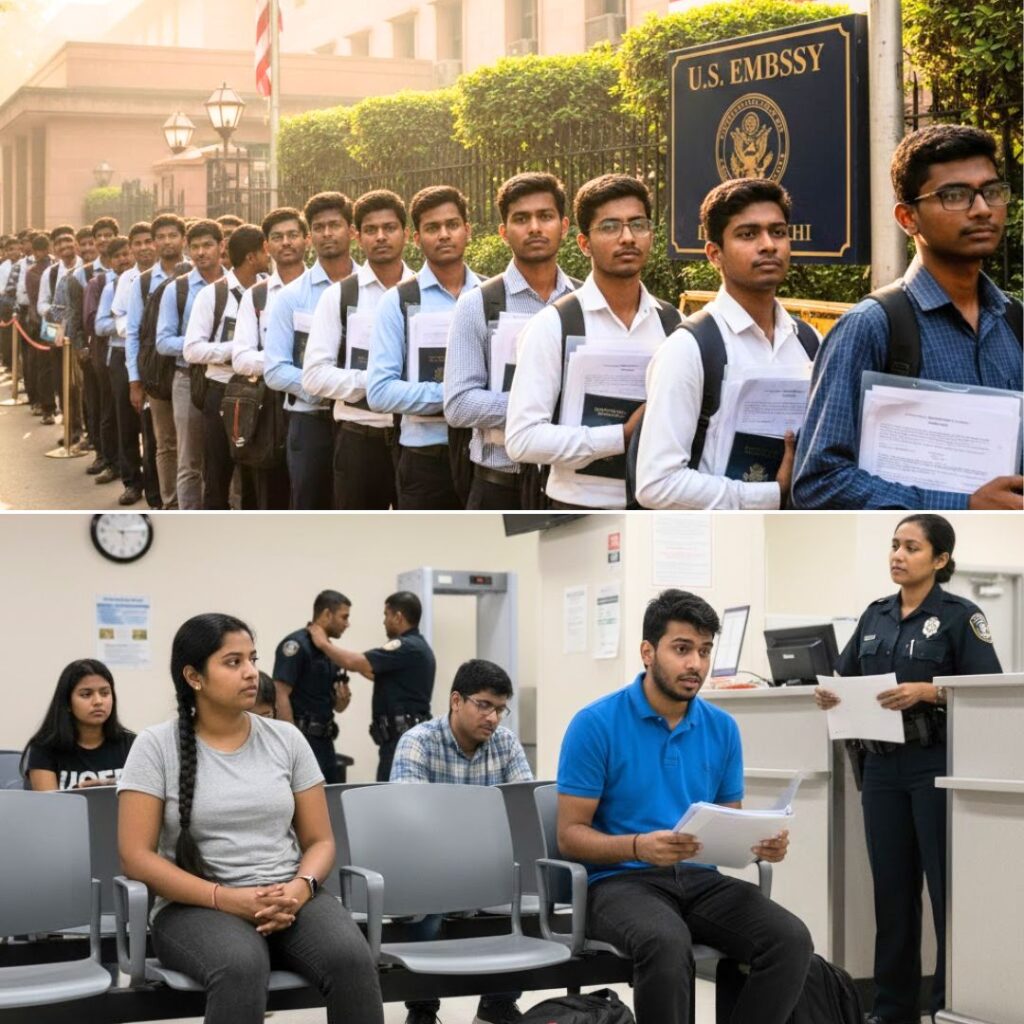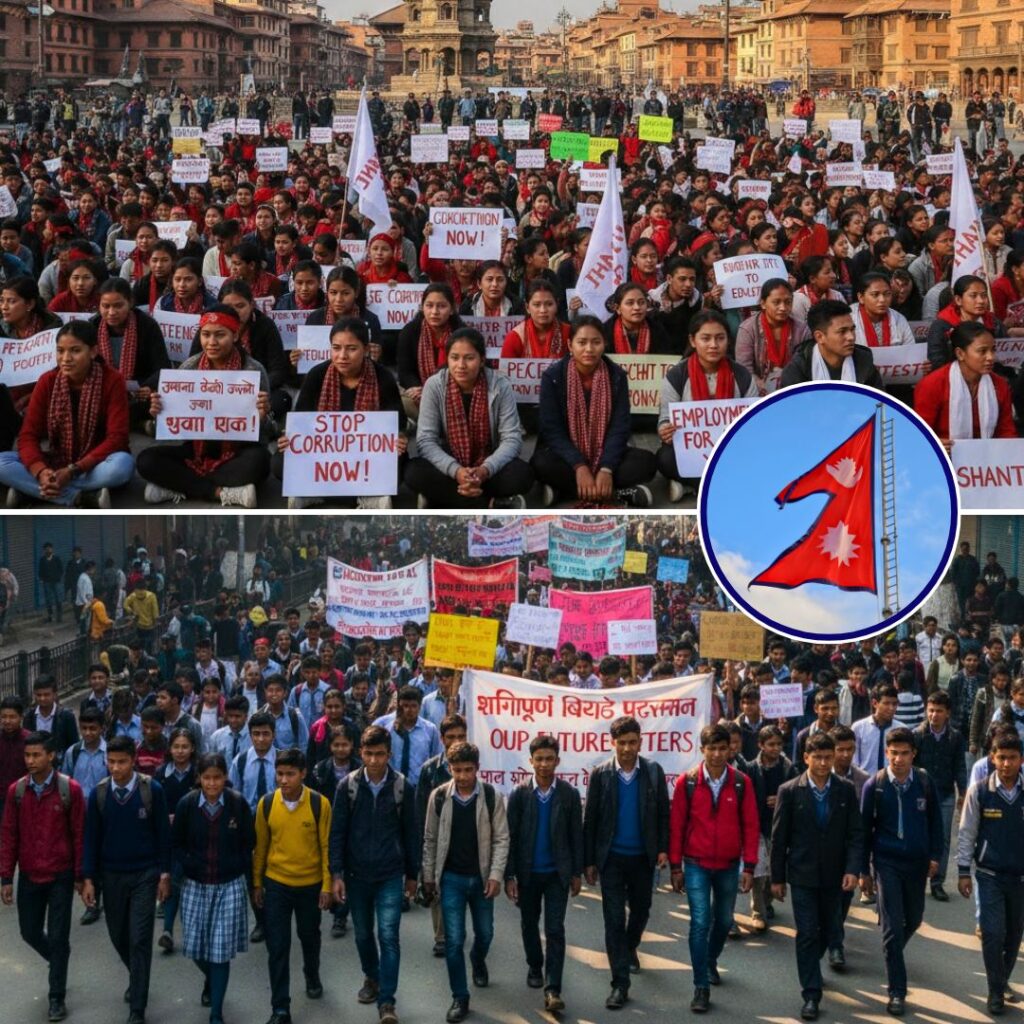Under Gunjan Patel’s stewardship, Microsoft India Philanthropies has amplified the scale and impact of skilling programs tailored for marginalized communities, youth, and women.
One flagship initiative is the Microsoft Learning Labs for Green Skilling, launched in early 2024, designed to equip disadvantaged youth with sustainable technology skills that align with emergent green economic sectors.
Patel emphasised at launch that “AI skills represent the third-highest priority for companies’ training strategies, alongside analytical and creative thinking. AI has tremendous potential to empower workers; however, we need to ensure that everyone has the skills to use it.”
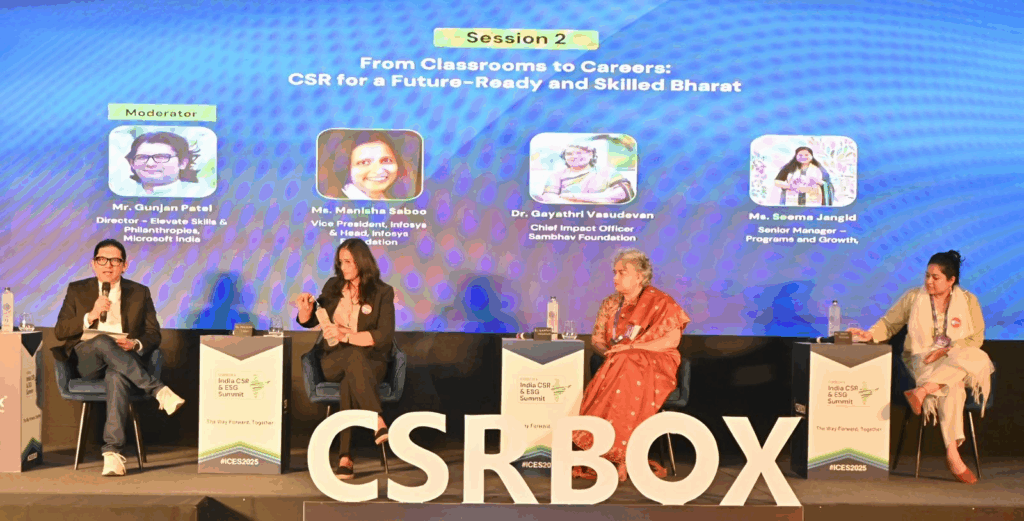
These labs offer training on green technologies, renewable energy concepts, and sustainable practices, providing participants pathways to employment in growth areas.
Patel underscores that this initiative “empowers disadvantaged youth and women to unlock their potential in green technology,” coupling environmental sustainability with social equity.
Complementing green skills, Patel oversees high-impact digital literacy and AI skills programs that address evolving workforce demands. The AI Skills Initiative, launched in 2023, emphasizes building AI literacy among workers, highlighting AI as a critical competency for future jobs.
Beyond corporate education, Microsoft’s Elevate Initiative partners with EY GDS and CSRBOX to strengthen AI and digital capacity for India’s vast nonprofit ecosystem, enabling these organizations to leverage data-driven insights and automation, fostering greater transparency, efficiency, and impact.
Inclusive Accessibility via AI Innovation
Patel’s leadership also shapes Microsoft’s approach to accessibility, aiming to bridge the “disability divide” through technology and partnership.
At the 2025 Microsoft Ability Summit, cutting-edge AI-enabled assistive tools were showcased, from advanced speech recognition software to inclusive communication platforms helping millions globally.
Patel’s vision situates disability not as a limitation but as a strength, with inclusive design principles embedded in Microsoft’s product development and social programs.
She champions ecosystem collaborations with NGOs, academic institutions, and policymakers to institutionalize accessible technology training, workforce sensitization, and public policy engagement.
These efforts cultivate an ecosystem where people with disabilities acquire meaningful employment and entrepreneurship opportunities, supported by AI-powered assistive innovations.

Catalysing Collaboration for Scalable Social Impact
Recognizing that social challenges demand collective action, Patel actively fosters partnerships between corporate CSR teams, nonprofits, government bodies, and academia. She advocates creating social impact frameworks that integrate technology with grassroots insights to deepen reach and sustainability.
A recent thought leadership post urged NGOs and CSR leaders to co-create robust collaboration models that enhance education, healthcare, agriculture, and workforce readiness through shared resources and data-driven interventions.
Microsoft’s multipronged strategy includes funding social innovators under AI for Accessibility, capacity-building workshops, and driving PPP (public-private partnership) models that ensure alignment with national regulatory frameworks, compliance, and reporting standards.
By enabling nonprofits and CSR initiatives to harness Microsoft 365 Copilot, Power BI, and Power Automate, Patel’s team boosts organisational productivity while maintaining transparency and cybersecurity.
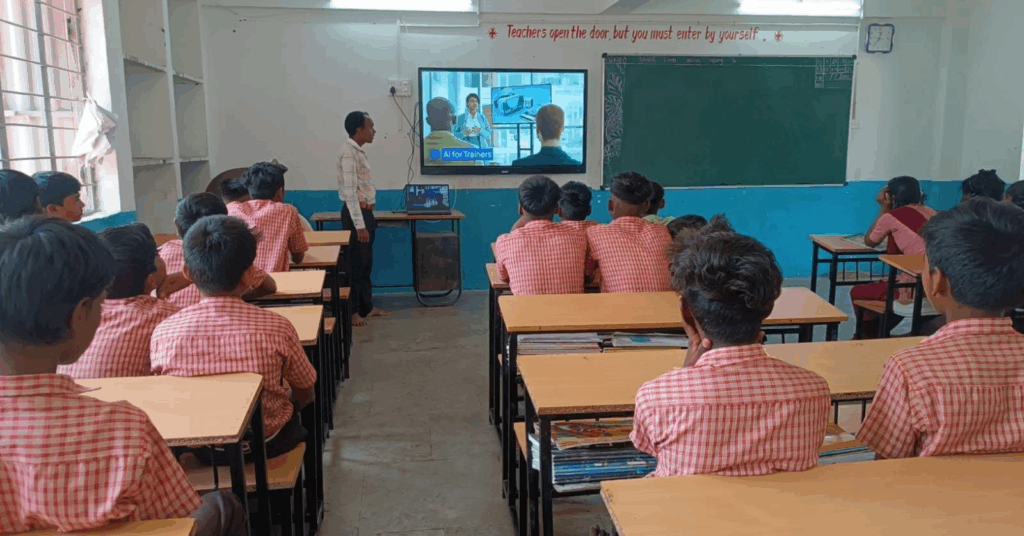
Social Entrepreneurship and Inclusion
Patel’s work also propels social entrepreneurship, nurturing startups and social enterprises that use technology for inclusive economic growth.
She collaborates with UN agencies, government think tanks like NITI Aayog, and incubators to build ecosystems supporting innovation in education, healthcare, and environment sectors.
This approach promotes talent development for marginalized groups, embedding sustainability and social impact as core values.
Through these alliances, Microsoft Philanthropies under Patel ensures that scalability, impact measurement, and social ROI are central to program design, fostering resilient enterprises that can thrive amidst rapid technological changes.
The Vision and Leadership of Gunjan Patel
Gunjan Patel, Director and Head of Philanthropies at Microsoft India, stands at the forefront of technology-driven social impact in India.
With over 18 years of experience in strategic CSR, ESG, and sustainability programs, she passionately champions equitable access to education, digital and green skilling, employment, and entrepreneurship opportunities for underserved youth and persons with disabilities.
Currently leading Microsoft’s initiatives that integrate technology and philanthropy, Patel’s role encompasses designing transformative future skills development models by leveraging Microsoft’s and LinkedIn’s Skills4Jobs initiatives, AI for Accessibility programs, and partnerships across government, private sector, multilateral agencies, and nonprofits.
Her work is closely aligned with the United Nations Sustainable Development Goals (UN SDGs) and echoes Microsoft’s global commitment to an inclusive, AI-powered future of work.

The Logical Indian’s Perspective
The Logical Indian applauds Gunjan Patel’s visionary leadership in harnessing technology as a tool of empowerment and inclusion. By centering accessibility, disability inclusion, and equitable skilling, these initiatives exemplify the ideals of empathy, kindness, and social harmony amid India’s digital transformation. The collaborations created across sectors reflect a shared commitment to peace, dignity, and coexistence, reminding us that technology must be leveraged responsibly to bridge divides rather than exacerbate them.
As AI rapidly restructures how we learn, work, and interact, a critical question remains for our society: How can communities, corporations, and governments unite to ensure that technological progress delivers inclusive prosperity and nurtures a future where every individual’s potential is realized with dignity and respect?
If you’d like us to feature your story, please write to us at csr@5w1h.media


